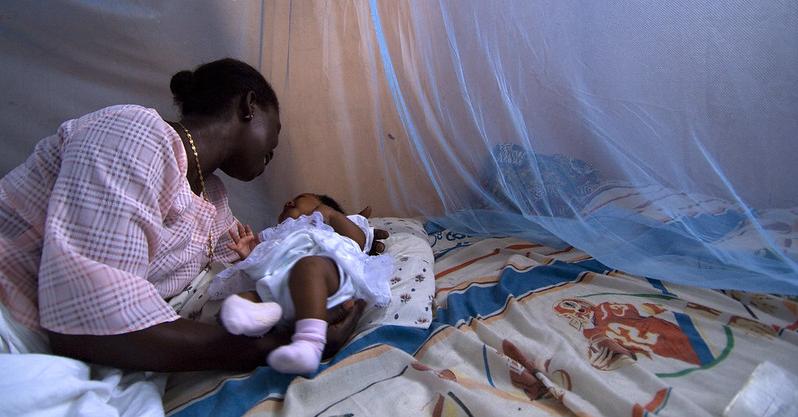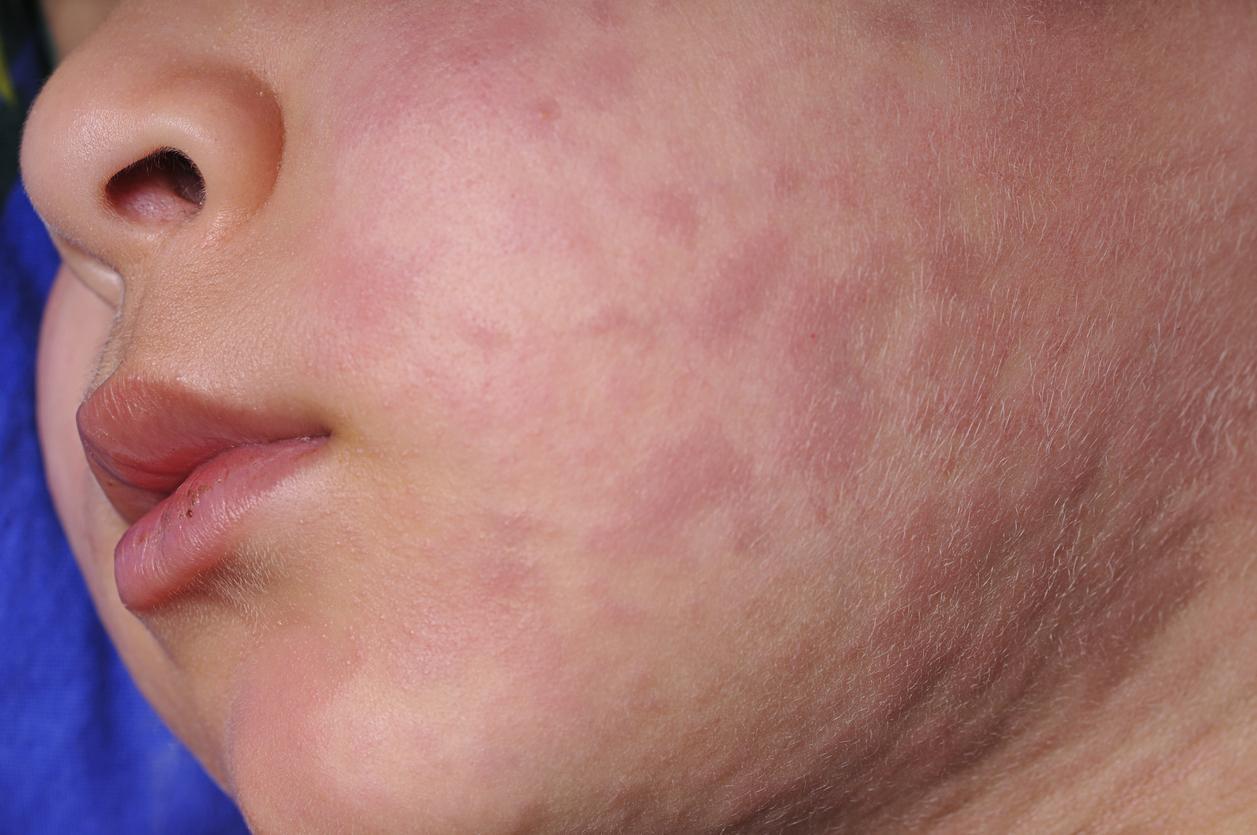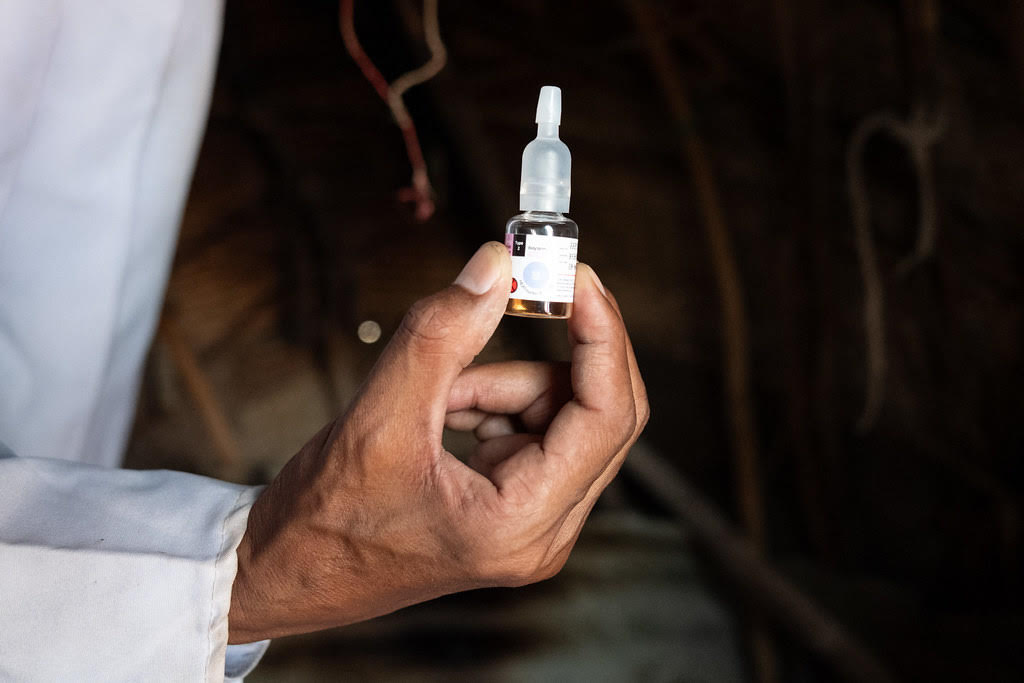
A study conducted in Zanzibar and mainland Tanzania found evidence that partial resistance to a critical component of malaria treatment is spreading regionally, an international team of researchers reported yesterday in the Journal of Infectious Diseases.
Artemisinin combination therapies (ACTs) are the most effective and widely used treatment for malaria caused by the Plasmodium falciparum parasite and have greatly contributed to global reductions in malaria deaths and complications. While artemisinin partial resistance (ART-R) is widespread in the Greater Mekong Subregion of Southeast Asia, it has recently appeared in Rwanda, Ethiopia, Tanzania, and Uganda, and experts fear it could have a devastating impact if it spreads across Africa, where 95% of malaria cases and deaths are reported.
In the study, a team lead by researchers from the University of North Carolina sequenced 5,202 samples collected from malaria cases in Zanzibar, a semi-autonomous archipelago off the coast of Tanzania, and mainland Tanzania from May 2022 through January 2024. They were looking for mutations in the P falciparum kelch13 (K13) gene that have been connected to ART-R, which can delay parasite clearance and lead to poor treatment outcomes.
"A concern is that ART-R will set the stage for partner drug resistance to emerge in Africa, as more parasites will be exposed to partner drug monotherapy as a part of artemisinin combination therapies," the study authors wrote.
Further spread could threaten ACT efficacy
Of the 1,400 samples sequenced from Zanzibar, 2 contained K13 mutations, while 6 of 3,762 samples from mainland Tanzania contained K13 mutations. Comparison with other malaria genomes from Africa revealed the K13 mutations were distinct from those in Asia, appear to have originated in Africa, and have spread from Tanzania to Zanzibar.
"The emergence of ART-R is concerning for the longevity of ACTs in Africa," the authors wrote. "To date, efficacy generally remains high despite the presence of K13 mutations. However, continued importation and further spread of these resistance mutations could threaten ACT efficacy in Zanzibar."
The authors add that ongoing molecular surveillance to track K13 and other mutations will provide the best early warning sign for potential ACT failure.












